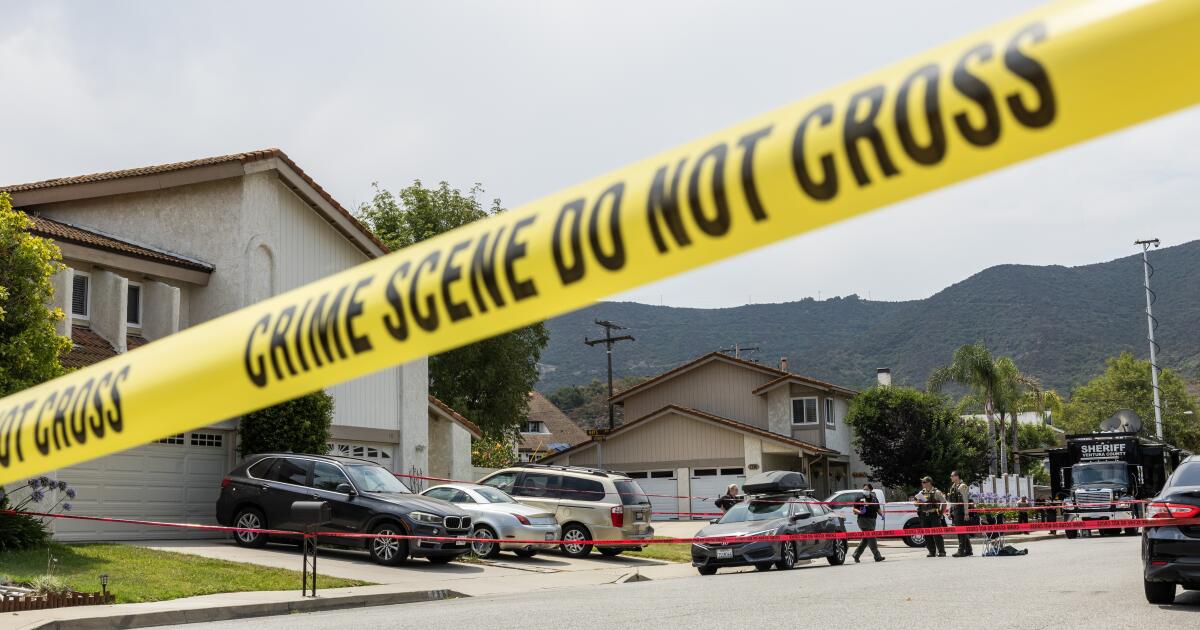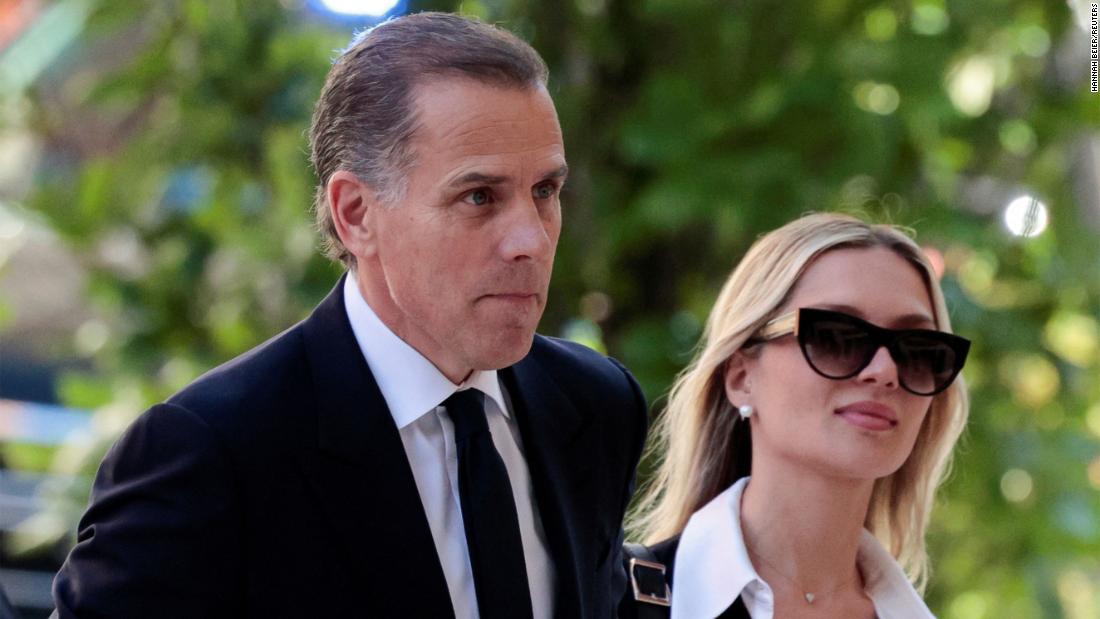California Governor Gavin Newsom is urging California counties to implement a new law that would make it easier to appoint a guardian to direct the care of people suffering from mental illness or substance abuse in order to prevent further crises, such as incarceration, homelessness or death.
County health departments have until January 2026 to implement changes outlined in Senate Bill 43, which was passed by the Legislature and signed into law by Newsom last October. Since then, only San Francisco and San Luis Obispo counties have taken advantage of the new law.
Los Angeles County, the state's largest county, has not.
Newsom on Saturday sent a letter to the heads of the state's 58 county Boards of Supervisors urging them to immediately expand guardianship laws in their jurisdictions.
“I am disappointed that only two counties in California have implemented this critical, life-saving work to date and only a few more have plans to implement it in 2025,” the governor wrote.
“Despite having unprecedented tools at our disposal to begin helping the most vulnerable people in our state, right now“You are still waiting until the absolute deadline to implement this element of the work to improve our guardianship system.”
The bill, introduced by Sen. Susan Talamantes Eggman (D-Stockton), is part of a decades-long legislative effort to amend the Lanterman-Petris-Short Act passed in 1967. That law said someone could be detained against their will if they were “seriously disabled” or posed a danger to themselves or others.
In recent years, lawmakers have worked to revise that landmark law passed when Ronald Reagan was governor in an effort to address a statewide mental illness crisis worsened by homelessness and illicit drugs such as fentanyl and methamphetamine.
The new law updates the definition of “severely disabled” to include people who cannot provide for their personal safety, medical care, food, clothing or shelter, Newsom said.
Critics, including human rights and disability rights advocates, argue that SB 43 could undermine the civil liberties of Black, Indigenous and other communities of color, given the demographics of the state's homeless population.
Others say the move risks overwhelming a mental health system already stretched to capacity.
Deb Roth, a prominent legislative advocate for Disability Rights California, said the bill “will lead to increased use of guardianship, which takes away people’s rights.” Roth testified against the bill before the Assembly Judiciary Committee.
In his letter, Newsom described the bill as a broader approach to providing last-resort behavioral health care to those in crisis.
“Every day I hear about the life-or-death urgency of our mental health crisis. I see people languishing on our streets, often forgotten by their own communities,” Newsom said.
“This is totally unacceptable, and the state has updated our laws to ensure that individuals who suffer from serious mental illness or serious substance use disorders and are at increased risk of harm can have a designated guardian to direct their care, with continued protection of individual rights and greater transparency in data, equity and outcomes.”
Times staff writer Tom Curwen contributed to this report.












